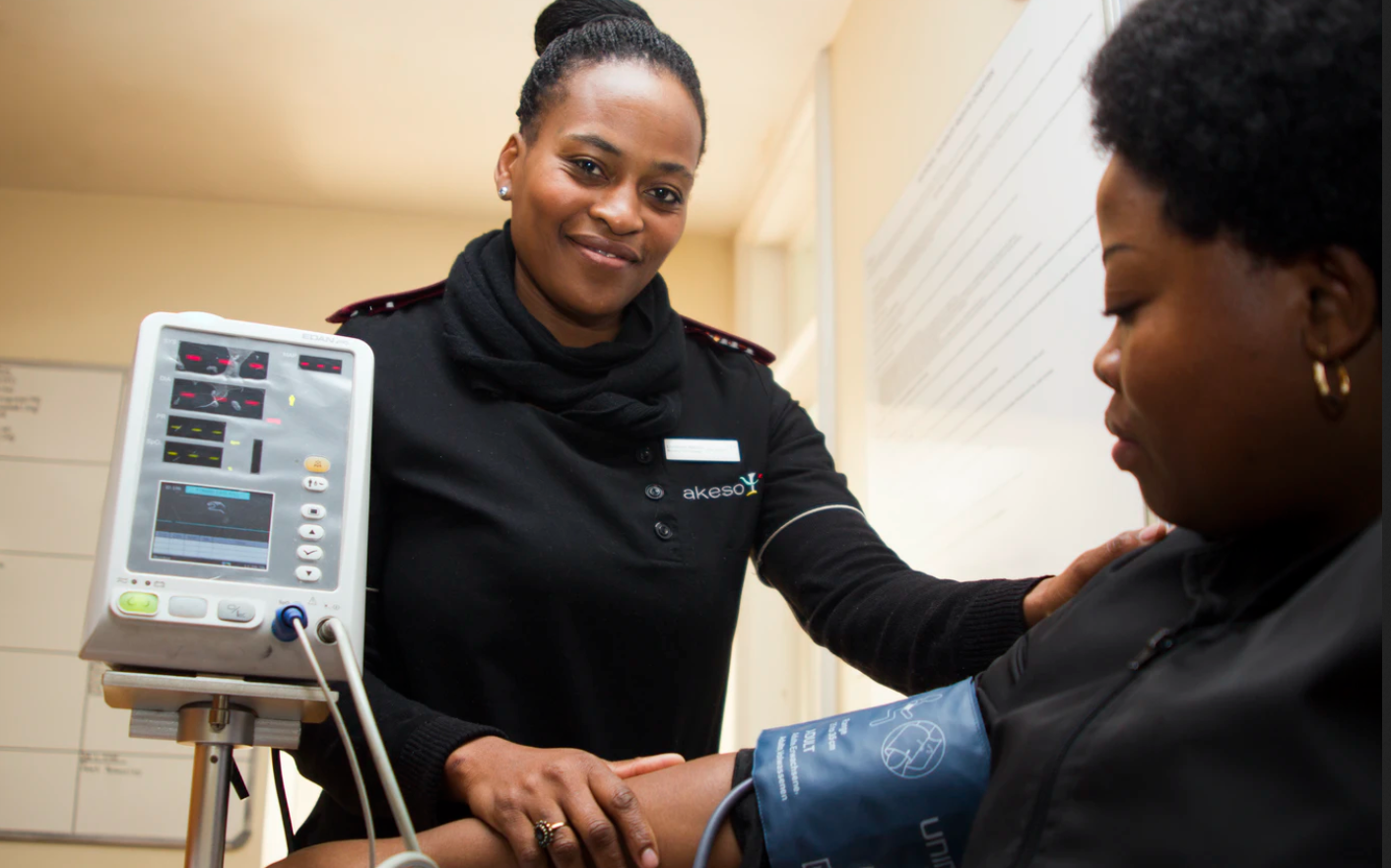
Details
INSTRUCTOR: Jose Rodriguez
SECTION: U07
SCHEDULE: Tuesdays & Thursdays 11:00 am – 12:15 pm
Course Description
Since the beginning of modern-day medicine at the turn of the last century, the medical field has been dominated by a disease-oriented model of treatment. In this paradigm, the medical doctor diagnosed and treated the patient’s bio-physiological maladies, and nothing more. Little concern was paid to the psychosocial and behavioral causes of disease. The admissions process to enter medical schools reflected this paradigm with entrance examinations exclusively assessing applicants’ knowledge of biochemical principles, etc. Recent changes have signaled larger shifts in the medical field’s conceptualization of health and the education of the next generation of medical doctors.
This course will attempt to provide students with an overview of the topics and ideas from the various fields of the social sciences (i.e., psychology, sociology, anthropology, political science, communication) that can inform and expand our understanding of health and well-being. It will focus on the interplay between the individual (e.g., personality) and situational (e.g., societal) forces that impact health and well-being. In addition, this course will focus on developing students’ research skills. Attention will be paid to understanding the basics of research design and methodology with an eye towards helping students develop the skills to evaluate and carry out basic research studies.
Activities for students to demonstrate their knowledge of the material will vary. Bloom’s taxonomy will be the guiding principle for the development and evaluation of assignments. Bloom proposed that receiving an education involved moving through various levels of learning: remembering, understanding, applying, analyzing, evaluating, and creating. That is, it is not enough to simply recall information; rather, the key to learning from the assignments will be in the students’ active participation in the creation of their work and their ability to explain the concepts, apply them to situations, draw connections, and justify their decisions.
